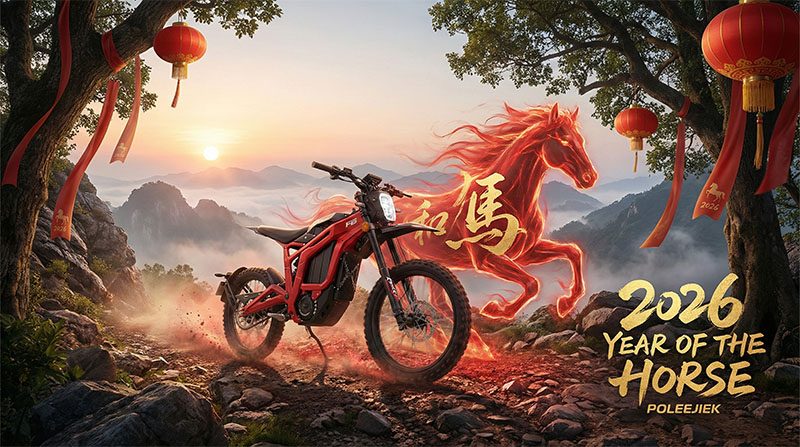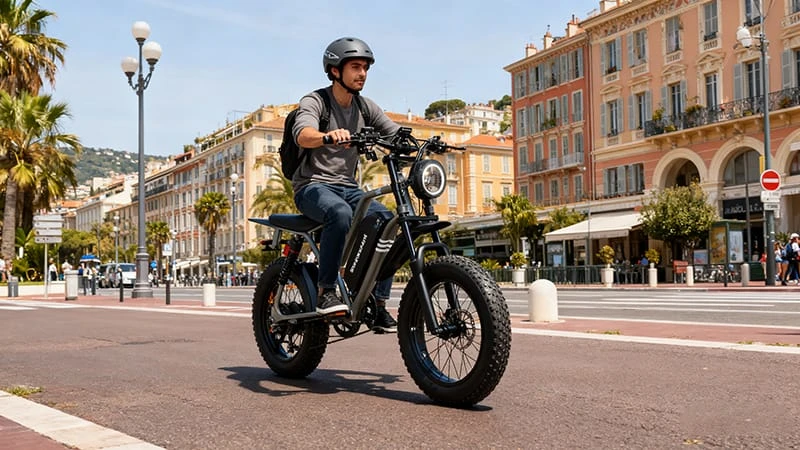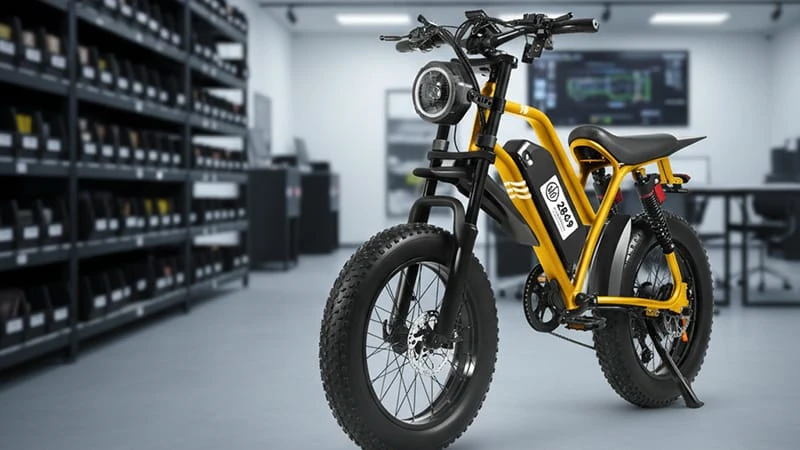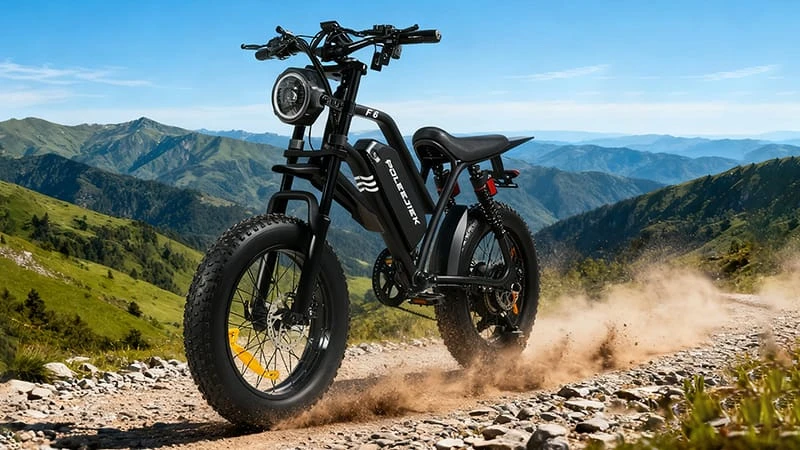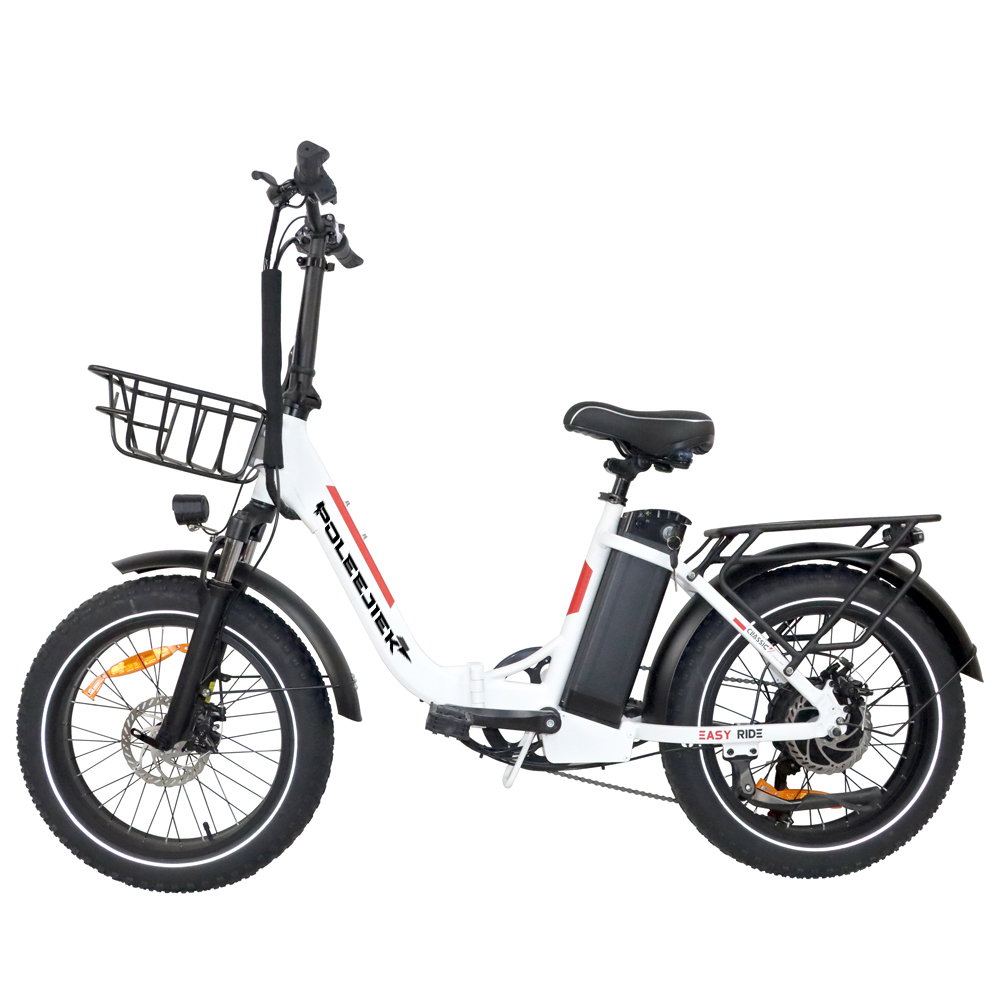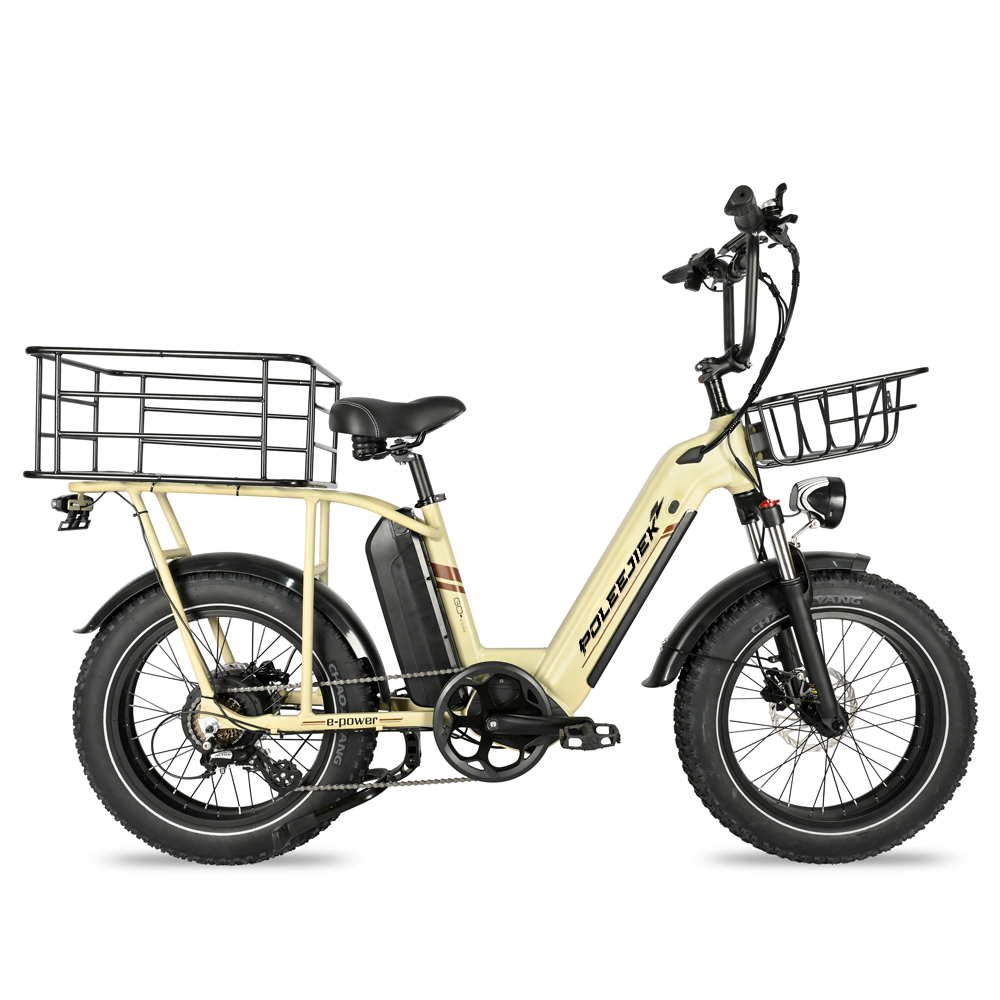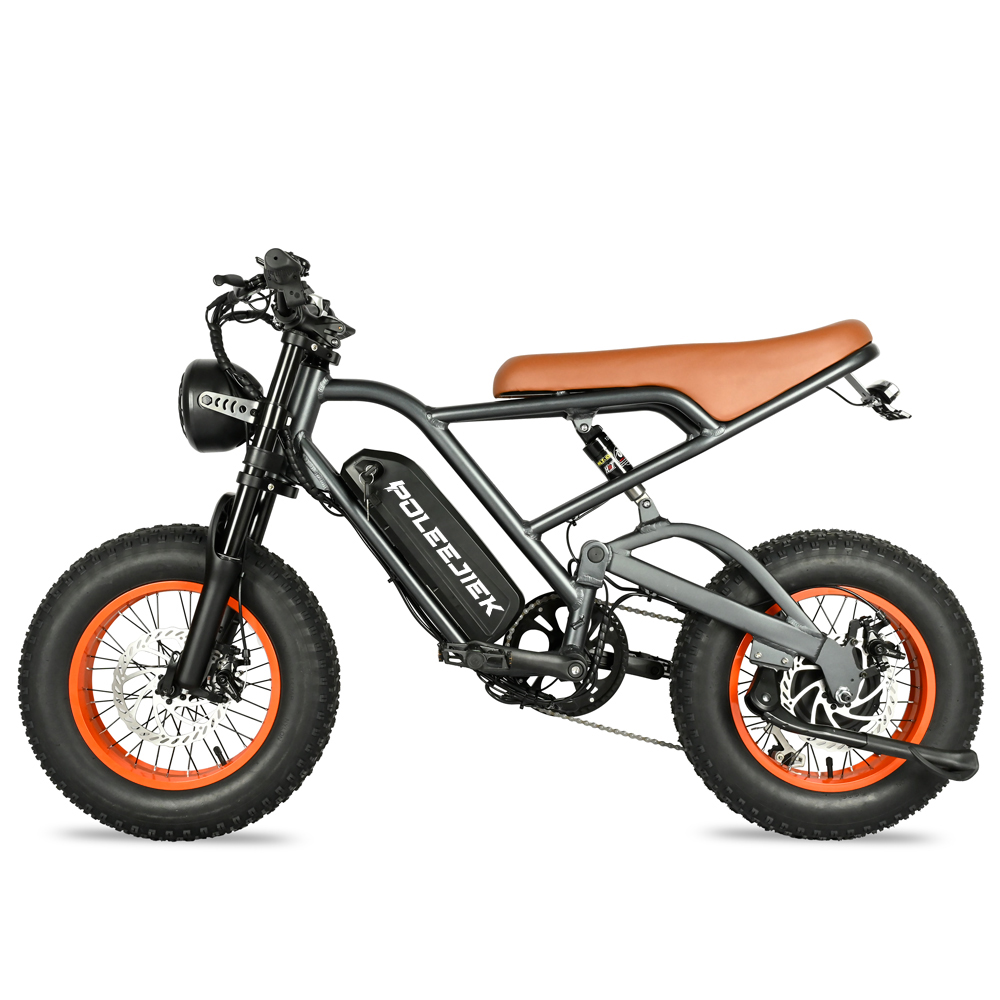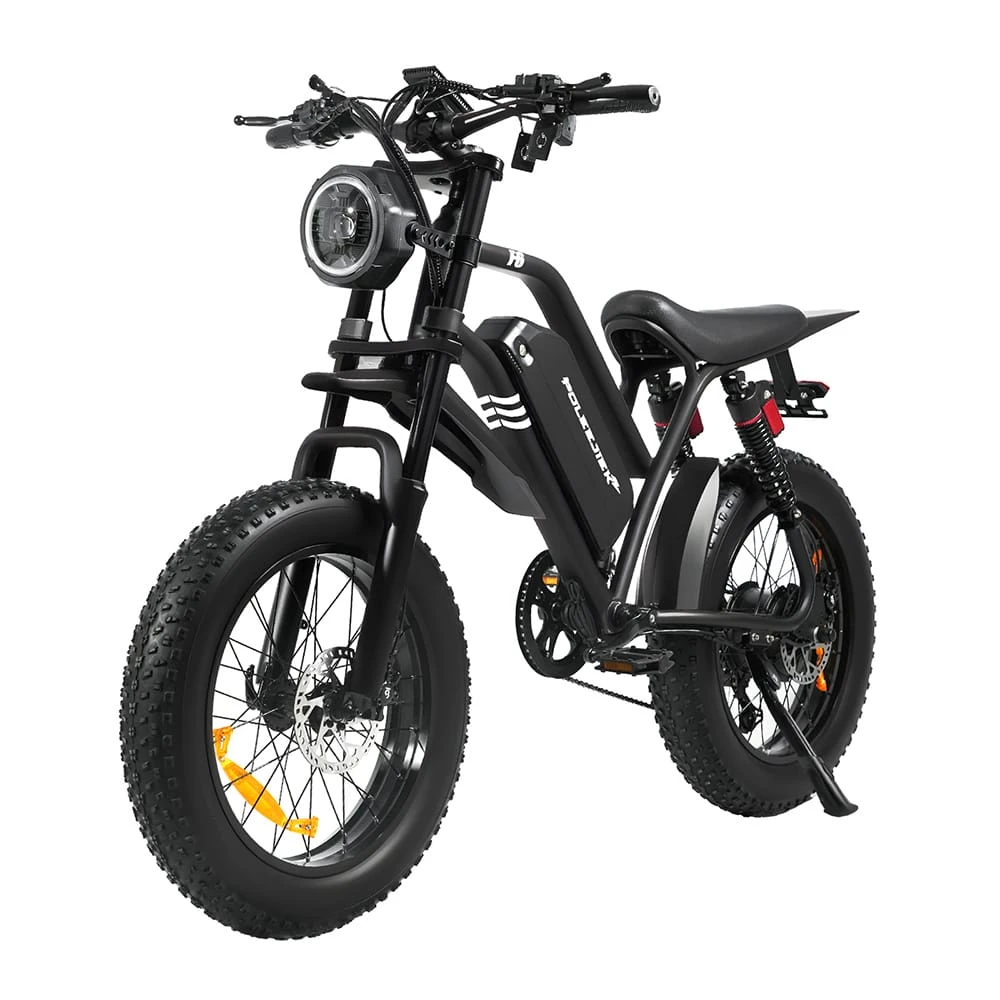Unveiling the Truth Behind the "Best Electric Mountain Bike": A B2B Factory QC Guide (And Why to Avoid "Cheap Electric Dirt Bikes")
When a B2C customer searches for the "best electric mountain bike," they're met with reviews about suspension travel, motor torque, and battery range. They're buying a product.
But for you—the B2B OEM partner, the product manager, the distributor—"best" means something entirely different. "Best" means the lowest possible field-failure rate. "Best" means predictable inventory, reliable components, and zero costly safety recalls.
This is the fundamental disconnect in the e-bike market. The allure of the cheap electric dirt bike or the generic "1000w e-bike" is a powerful one for sourcing managers focused on landing costs. But this "cheap" sourcing decision is often the most expensive one a business can make.
The high defect rates associated with low-quality manufacturing—from cracked frames to burnt-out controllers—will rapidly incinerate your profit margins. A single container of bikes with a high warranty-claim rate can wipe out an entire quarter's profits. Worse, it can destroy the brand reputation you've spent years building.
This is not another consumer-facing review. This guide tears away the spec sheet and takes you onto the factory floor.
We will demonstrate that for a B2B buyer, the most critical "feature" isn't the motor or the battery. It's the 5-step quality control (QC) process that ensures the bike actually works, and keeps working, for your end customer. This is the ebike quality control (QC) guide you need before you sign your next purchase order.
The True Price of "Cheap": Why "Cheap Electric Dirt Bikes" Are a B2B Profit Killer
In B2B sourcing, the factory's margin is your margin. When a factory offers a price that seems too good to be true, they aren't sacrificing their own profit; they are sacrificing your product's quality.
They are making calculated omissions in three key areas, creating traps that B2B buyers fall into every day.
Trap 1: The Material Compromise (The Frame)
The Buyer's Nightmare: A social media post goes viral showing your brand's electric bike frame cracked at a weld, injuring a customer.
This is the single most catastrophic failure an e-bike brand can experience. The frame is the literal backbone of the product. Low-cost suppliers cut corners here in two invisible ways:
- Material Sourcing: Instead of using certified 6061-T6 or 7005 series aluminum, they source "recycled" or off-spec alloys. These materials have inconsistent tensile strength and are brittle, making them completely unsuitable for the dynamic forces of an e-bike.
- Welding & Heat Treatment: On a full suspension electric mountain bike, the frame is a complex structure with dozens of welds and pivot points. Cheap factories "cold weld" (failing to achieve full penetration) or skip post-weld heat treatment. This creates microscopic stress fractures at the joints—time bombs waiting to fail under customer use.
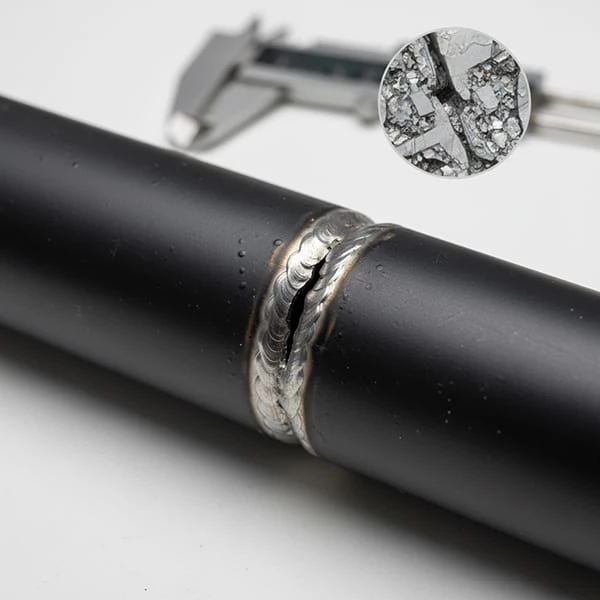
For a B2B buyer, a single frame failure isn't a warranty claim; it's a potential CPSC (Consumer Product Safety Commission) or EU-mandated recall of the entire product line. The cost of this trap is not just financial; it's existential.
Trap 2: The Electrical System (The Fire)
The Buyer's Nightmare: A customer's 1000w electric bike —your product—catches fire while charging in their garage, making the local news.
As power levels in e-bikes escalate, the strain on the electrical system becomes immense. A high-power e-bike is a high-risk product. This is precisely where low-QC factories hide their cost savings.
- Controllers: To handle 1000W or 2000W of power, a controller needs high-quality, generously-rated MOSFETs (the electronic switches that manage power). Cheap suppliers use underrated MOSFETs with insufficient heat sinks. They "burn out" or, in a worst-case scenario, fail-closed, sending uncontrolled power to the motor or short-circuiting the battery.
- Battery Packs: The "UL Certified" sticker on the outside means nothing if the internals are flawed. The risk lies in the Battery Management System (BMS) and the cells themselves. Low-cost factories will use "B-grade" or recycled cells with mismatched internal resistance. Their cheap BMS boards lack proper cell-balancing functions or thermal protection. This leads to cells over-discharging or over-charging, creating a critical fire risk.
This trap turns your product from an asset into a liability. The B2B pain point is no longer "returns"; it's "lawsuits."
Trap 3: High Return Rates (The Nightmare of a Thousand Cuts)
The Buyer's Nightmare: Your technical support department is overwhelmed. Your warehouse is filling up with "Dead on Arrival" (DOA) units and customer returns for "minor" issues.
This is the most common and insidious profit killer. The "cheap" bike arrives, and your business bleeds out from the "death by a thousand cuts":
- Wheels that arrive untrue.
- Brakes that are spongy and need to be re-bled.
- Derailleurs that are misaligned and cannot be indexed.
- Headsets that are loose.
- Motors that make a "clicking" noise.
- Batteries that die after 10 charge cycles.
Your sourcing team "saved" $50 per unit, but your operations team is now spending $150 in labor and parts to fix each bike before it can even be sold. Your margins vanish, your customer reviews plummet, and your brand becomes synonymous with "headache."
Purchasing "cheap" bikes simply means you are pre-paying for "expensive" and "unpredictable" after-sales service.
Poleejiek' 5-Step QC Process: How We Define "Best"
When B2C customers search for an "American made electric bike," they aren't just searching for geography. They are searching for a proxy—a signal of quality and reliability. They are searching for trust.
At Poleejiek, we have engineered our ebike factory standards to deliver that same level of trust and reliability from our offshore manufacturing center. We define "best" not by the spec sheet, but by the rigor of our 5-step quality control system.
This is what separates a true OEM partner from a trading post.
QC Step 1: IQC (Incoming Quality Control) - Stopping Defects at the Source
You cannot build a quality product from faulty components. The QC process begins before the assembly line even starts.
B2B Value: We operate on a "Trust, but Verify" model with all suppliers, even long-term partners. Our IQC lab is your first line of defense against component substitution and "spec drift."
- Core Components: We don't just order "Samsung cells" or "Shimano derailleurs." We perform batch testing. Cells are tested for capacity, internal resistance, and voltage consistency. Drivetrain and brake components (like Tektro or Magura) are inspected for authenticity and physical tolerances.
- Raw Materials: For ebike materials sourcing, this is non-negotiable. Incoming aluminum tubing for frames is tested with an XRF (X-ray fluorescence) scanner to verify it is the exact 6061-T6 alloy we specified.
- Electronics: Motors, controllers, and displays are bench-tested in samples from every new batch before they are released to the production floor.
This process ensures that a supplier trying to cut their costs by substituting a cheaper, look-alike component is stopped before that part ever makes it into your product.
QC Step 2: IPQC (In-Process Quality Control) - Welding & Assembly Integrity
A bike is only as strong as its weakest link. IPQC means we build quality into the product at every single station, rather than trying to "inspect it in" at the end.
B2B Value: This is where we prevent the catastrophic failures (Trap #1) and the minor annoyances (Trap #3).
- Frame Welding & Alignment: Every electric bike frame is built in a precision jig to prevent warping. Our TIG welders are certified, and we perform random-batch X-ray analysis and destructive testing on welds to ensure full penetration and structural integrity.
- Assembly Line Error-Proofing: Every station on the assembly line is equipped with calibrated digital torque wrenches. Every critical bolt—from stem bolts and crank arms to suspension pivots—is tightened to a precise torque specification. This prevents both dangerous, loose components and "ham-fisted" assembly that strips threads.
- Wheel Building: We don't just "buy" wheels; we build them. Every wheel is laced, tensioned, and trued by automated machines and then verified by human technicians. This ensures your customers receive strong, true wheels that stay that way.

QC Step 3: 100% Electrical System Testing (Motor & Battery)
For any e-bike, but especially for a 1000w electric bike, this is the most critical QC stage. A 1% failure rate in electrical systems is unacceptable. The only way to prevent DOAs and fire risks is to test 100% of the systems.
B2B Value: We catch "infant mortality" failures in our factory, not in your customer's home.
- Motor Dyno Testing: Every single motor (not a sample, every motor) is mounted to a dynamometer (dyno) and run for a full 15-minute simulated ride. We test it under load, check for torque output accuracy, PAS sensor function, and thermal stability. This catches bad windings or faulty hall sensors immediately.
- Battery Cycle & BMS Test: Every single battery pack is given a full, automated charge and discharge cycle. This "wakes up" the pack and, more importantly, verifies that every cell group is balanced and that the BMS is communicating correctly. This is the only way to find a cold solder joint or a faulty BMS chip that would cause a "dead battery" complaint.
- Firmware Verification: We flash every controller and display with the correct, stable firmware and lock the parameters (like speed limits) accordingto your market's specific legal requirements (e.g., CPSC for the US, EN15194 for the EU).

QC Step 4: FQC (Finished Quality Control) - The 100% Full Vehicle Test Ride
Regular-Expression-Filter-Definition-Family:Once the bike is fully assembled, it's still not ready for the box. A technician "inspecting" a bike on a stand will miss 50% of real-world issues.
B2B Value: We simulate your customer's "first ride" experience. Every bike that comes off our line is taken for a short, functional test ride on our indoor track.
The FQC technician follows a multi-point checklist:
- Brakes: Bed-in the pads and confirm sharp, responsive braking.
- Shifting: Run through every single gear, up and down, to ensure crisp, perfect indexing.
- Motor Assist: Test every single PAS level and the throttle (if equipped) to confirm smooth motor engagement.
- Sensors: Verify lights, brake-cutoff sensors, and display functions.
- Noise, Vibration, Harshness (NVH): Listen for any clicks, rattles, or creaks—the "minor" issues that drive B2C customers crazy and lead to returns. img-align: right;
Any bike that fails any point on this check is sent to a dedicated rectification line, fixed, and then must pass the entire FQC process again.
QC Step 5: OQC (Outgoing Quality Control) - The Pre-Shipment Audit

This is the final firewall. This is the step that protects you, the B2B buyer, from receiving a container full of different problems.
B2B Value: Before your container is sealed, our independent OQC team randomly pulls 3-5% of the fully packaged products. They don't just inspect the box; they unbox it, re-assemble it, and perform the entire FQC (Step 4) test again.
They are checking for three specific B2B failures:
S-Number-List-Family: 1;- Shipping Damage: Is our packaging robust enough? Are there scratches or scuffs from components rubbing inside the box? A-Number-List-Family: 1;
- Missing Parts: Is the charger, pedal set, user manual, and tool kit correctly included in every box? S-Number-List-Family: 2;
- Order Accuracy: Does the SKU on the box (color, size, spec) match the product inside? Does this match your Purchase Order?
This OQC audit is your ultimate assurance that what you ordered is what you receive, and that the products will survive the trans-oceanic journey to your warehouse.
Conclusion: B2B Buyers, You Aren't Sourcing "Bikes"—You're Sourcing a "QC System"
A B2C customer buys a product. A B2B partner sources a repeatable, reliable, and scalable manufacturing process.
Your reputation in your market is a direct reflection of your factory's quality control. The ebike defect rate is the single most important metric for your profitability.
You cannot build a premium brand on a "cheap" foundation. The only way to confidently market and sell the "best electric mountain bike" is to partner with a factory that builds in the quality, tests for the failures, and proves its reliability with data.
Your customer's trust is built on your brand. Your brand's promise is built on our process.
Take the Next Step
Stop gambling with your reputation. Contact Poleejiek today to request our detailed 5-Step QC Whitepaper and our transparent, real-world Product Defect Rate Report.
Arm your next procurement decision with data, not just a spec sheet.



